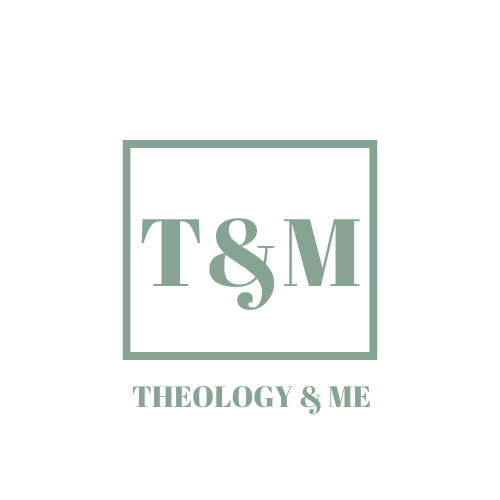What is theology?
August 27, 2022 by Blake Hadley
What is the first thing you think of when you think about the word “theology?” Maybe you think of books or libraries. Maybe you think of lofty academic thinkers or professors. Or maybe you think of something boring or useless. I once thought all of those things about theology. However, I would like to make the case that theology is important for every Christian. Martin Bucer said that “True theology is not theoretical, but practical. The end of it is living, that is to live a godly life.” What an important subject! I will attempt to lay before you what theology is and why it is important.
At the basic level, theology is studying God.The word theology comes from the Greek words, theos which means God and logos which means word. Or more simply put, words about God. This means that when we do theology or theologize, we speak about God and what He has revealed of Himself in Scripture. We often do this whether we realize it or not. When we say something about God, we are technically theologizing. So like R.C. Sproul says, everyone is a theologian: you are either a good one or a bad one. This should make theology very important to us and even practical for us.
Theology has many branches which include exegetical, biblical, historical, philosophical, systematic, apologetic, polemical, ethical, and practical theology. I won’t go in depth about each of these, but I think it is important to know the different branches of theology. You can find books, articles, and videos about these which may aid you in trying to understand these branches. For my Network friends, I think it is especially important to study exegetical, biblical, historical and systematic theology. I will briefly try to define each of these and state their importance.
Exegetical Theology
Exegetical theology, simply put, is where the theologian seeks to draw out the meaning of a text of Scripture. This is done through examining the genre, rhetorical devices, background information, original languages, etc. of a given text. This is extremely important work for us to undertake if we want to understand God’s Word.
Biblical Theology
Picture how a seed starts as a small speck but grows into a full flower. This is how we can think of biblical theology. This branch of theology is given to understanding how God has revealed truth progressively through redemptive history. This gives us a “big picture” of the Bible. It also helps us to see Christ in all of Scripture.
Historical Theology
Have you ever wondered what Christians throughout history have believed on a given topic? Historical theology helps us to understand these types of questions. Here the theologian would look to historical creeds, confessions and writings of Christians of old. I cannot stress how important this branch of theology is for my Network friends. Looking to the past helps us to avoid error and even heresy now. If we are practicing or believing something that contradicts historical orthodox Christianity, we would do well to change our ways.
Systematic Theology
The systematic theologian seeks to put in order what the whole Bible says on a given topic. For example, we might wonder about the topic of sin. As theologians, we would seek to see what the whole Bible says about sin. This is a helpful branch of theology as we seek the “whole counsel of God.” We must not look to a single text to form our opinion on a topic, but should look at Scripture as a whole.
Conclusion
Theology is so important for the Christian life. Of course, we do not want to acquire knowledge about God only to win Bible quizzes or impress our friends. Growing in our knowledge of God should go from our head, to our hearts, and work itself out in our hands. Right thinking should always lead to right living. It should also humble us. As God becomes greater in our hearts and minds, we become smaller. William Ames said, “Theology is the doctrine of living to God '' and “Men live to God when they live in accord with the will of God, to the glory of God, and with God working in them.” Is there anything more we could desire in life as Christians? The first question of the Westminster Shorter Catechism is “What is the chief and highest end of man?” and the answer to that is “Man’s chief end is to glorify God and to enjoy Him forever.” This is why we do theology.


